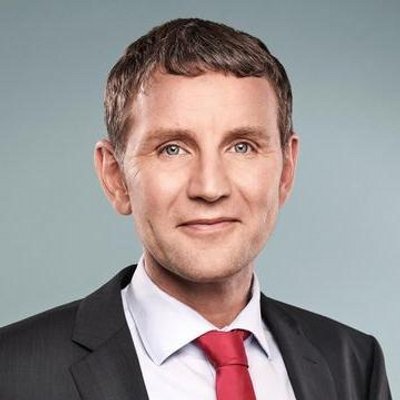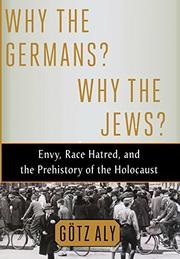Björn Höcke and the Potential Return of Sanity in German Politics

On January 17th 2017, one of the leading members of Germany’s new alternative conservative party, Alternative für Deutschland (AfD), Björn Höcke, gave a speech before his party’s youth organization (Junge Alternative) in the city of Dresden. In his 20-minute speech, Höcke addressed the future of his party, its rebellious function and patriotic orientation, the architectural disfigurement of landscapes and cities, the failures of the political establishment in the refugee crisis, German cultural identity and — yes, he did — the World War II guilt cult and the Holocaust memorial. The speech had the potential of ringing in a new era of self-liberation from the shackles of the post-war historical narrative that denies the German people their sense of self-worth.
However, Höcke clearly poked a hornet’s nest, given the hysterical reactions across the political establishment, including the media and representatives of the Jewish lobby in Germany. Although the speech was well-received by young patriots, some remarks did not go over well with the ruling class. Höcke had been bold enough to suggest that
- Instead of focusing primarily on those twelve dark years of the country’s history, German youth should be allowed to develop a positive identity by remembering and honoring the achievements of Germany’s numerous composers, poets and philosophers, of which the country had produced perhaps more than any other.
- Germany was the only country in the world that had decided to plant a ‘monument of shame’ in the heart of its capital, and had made the most horrible event in its history the foundation of its national identity.
- The Allied fire-bombing of Dresden was a war crime comparable to the nuclear bombings of Hiroshima and Nagasaki. The guilt cult, however, allowed for a portrayal of Germans as perpetrators only, preventing them from mourning their own victims.
The press reacted “with disgust and horror” — as if Höcke had denied the Holocaust (which he didn’t). Although Höcke had remained rather factual in his description of the status quo without attacking anyone in particular, vocabulary from the familiar arsenal of curses was hurled at him: “Nazi”, “right-wing extremist”, “Goebbels”, “hard right”, “populist”, “nationalist”, “national Romantic”, and so on and so forth. In an article by Amanda Taub and Max Fischer in the New York Times, his brownish-grey hair suddenly turned blonde, more or less subtly conjuring up images of the blonde Germanic beast, familiar from countless anti-German Hollywood productions and books. Read more





